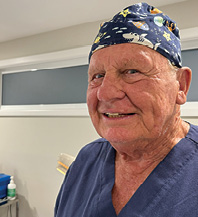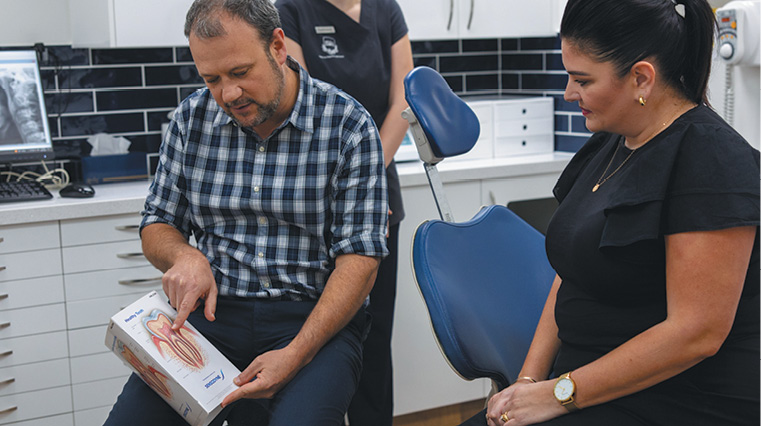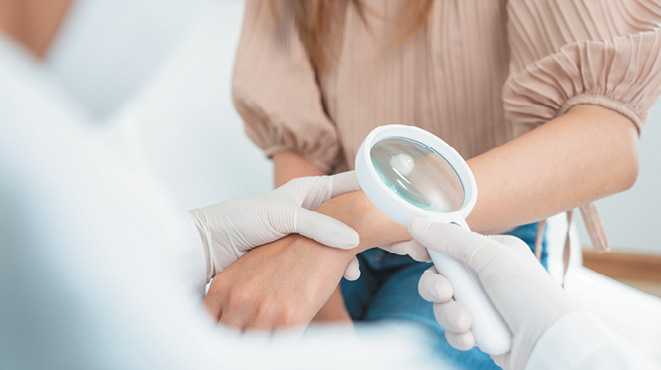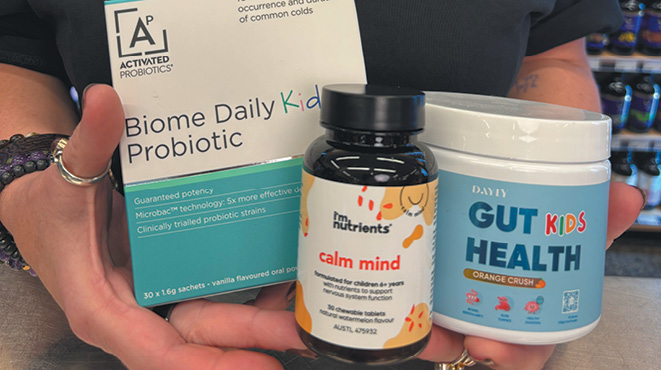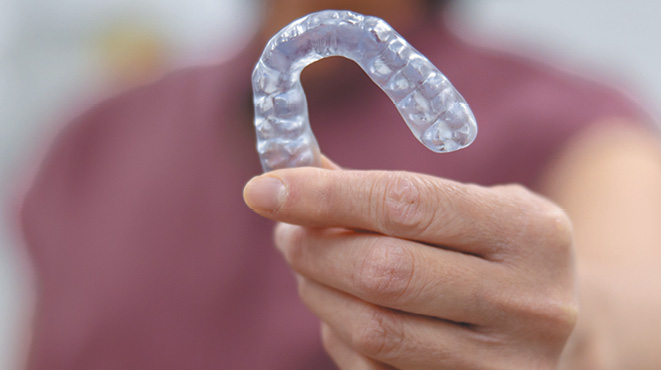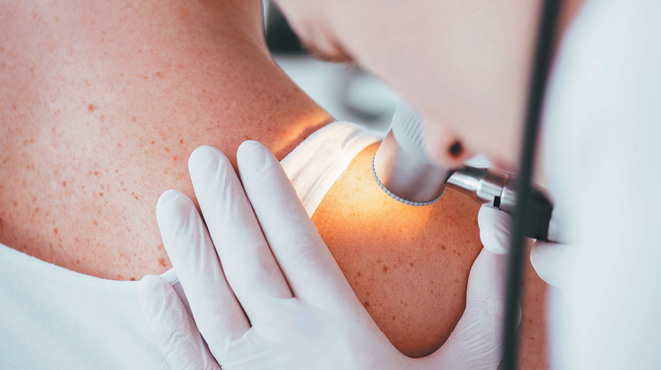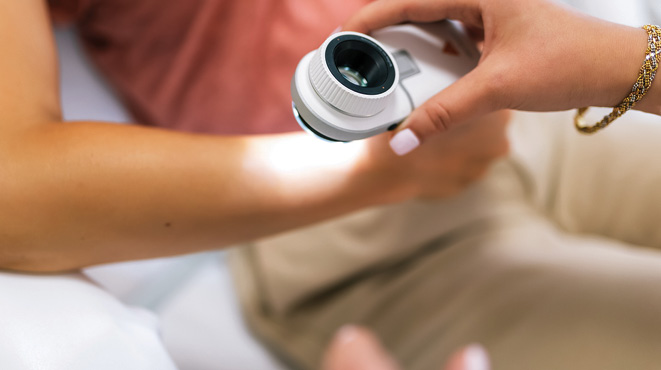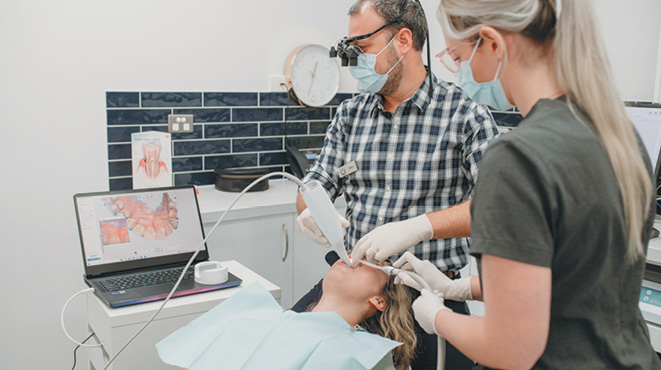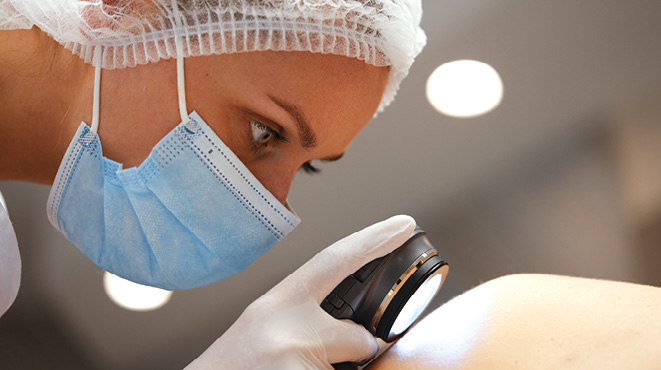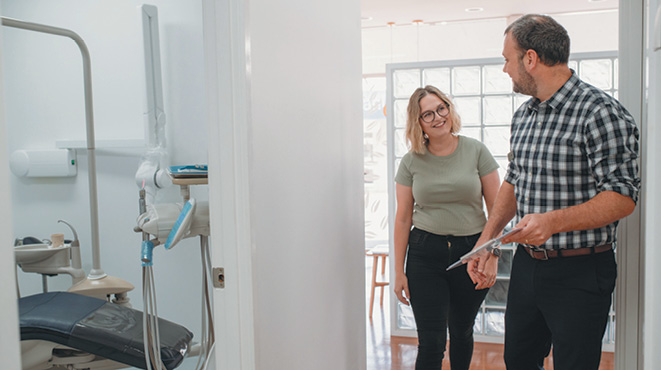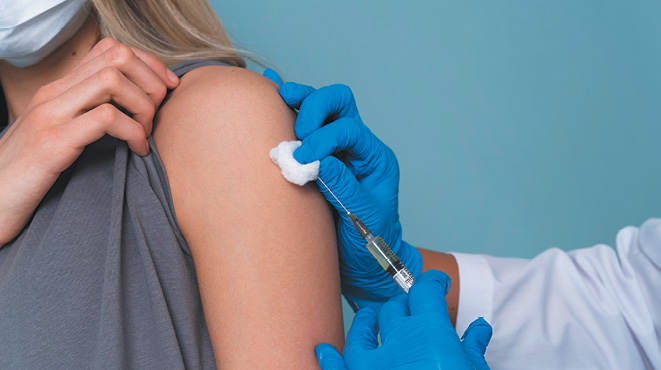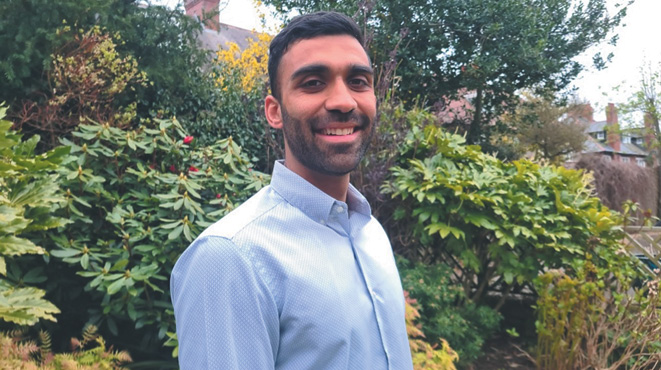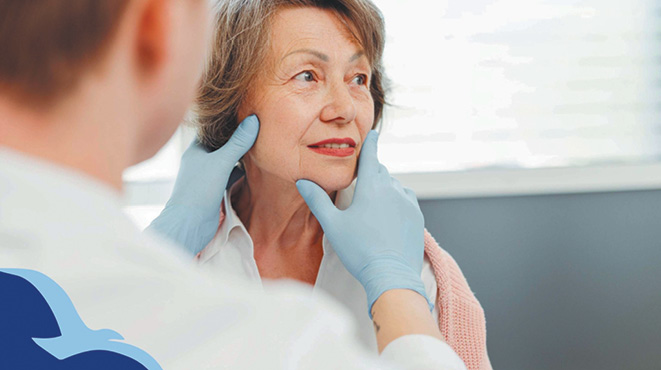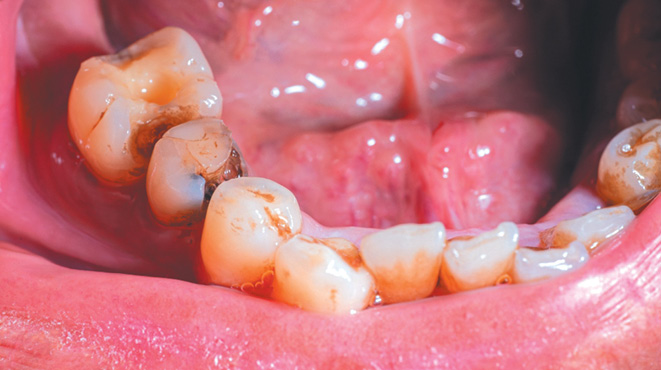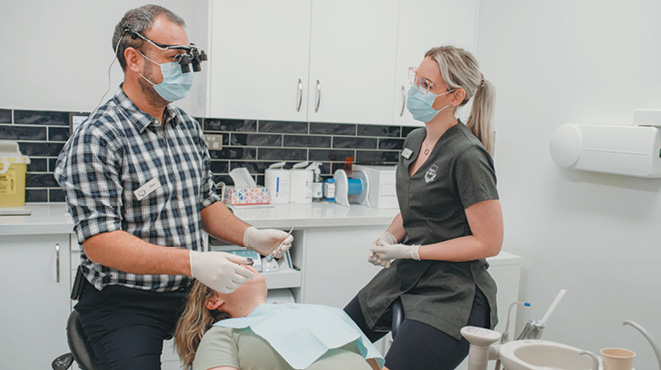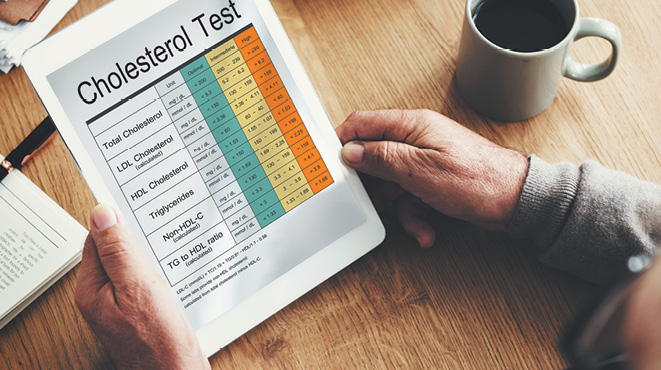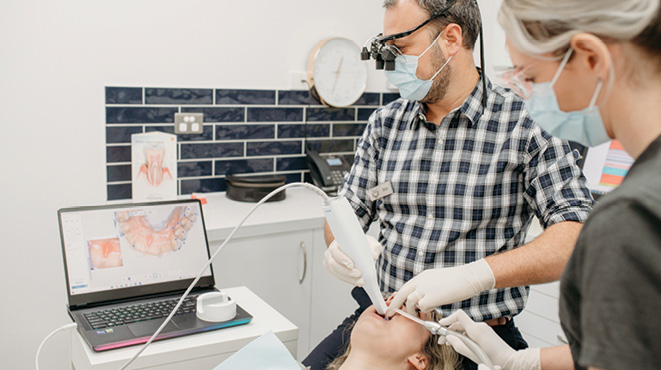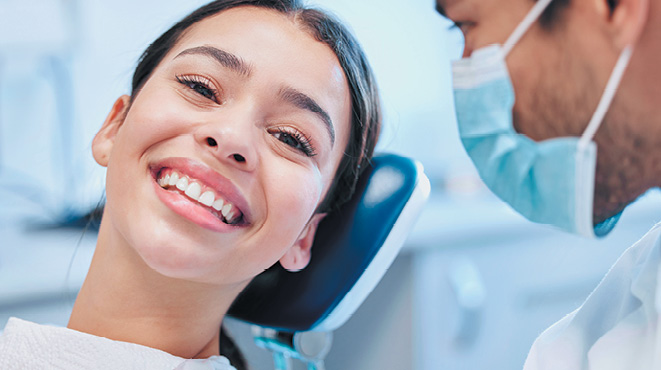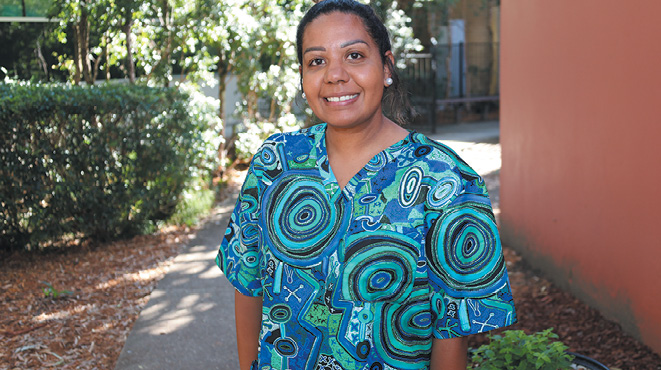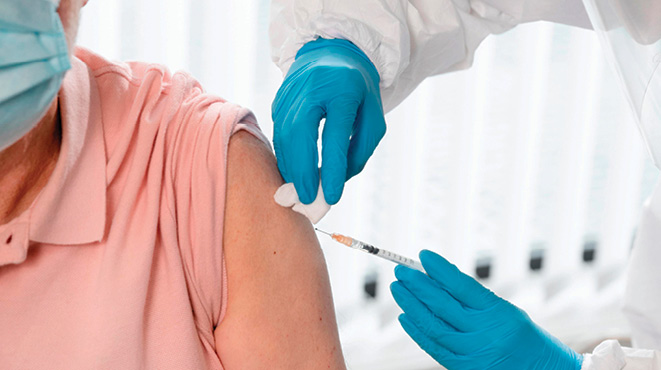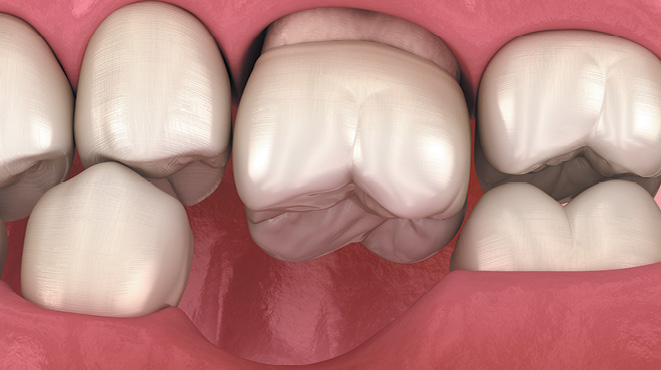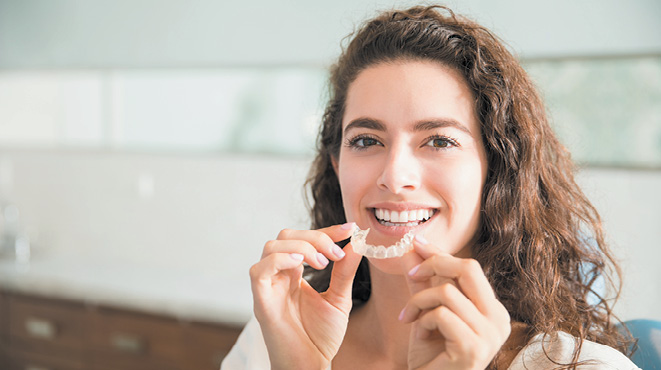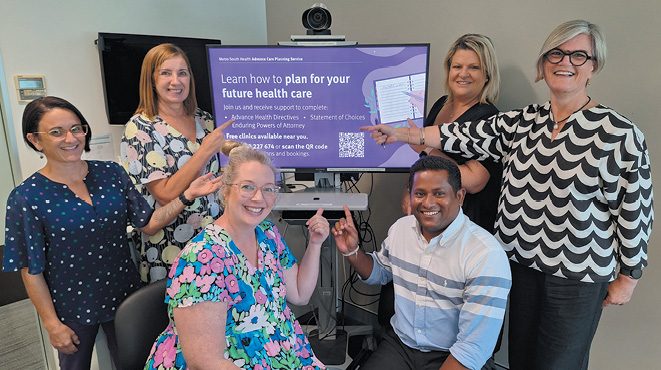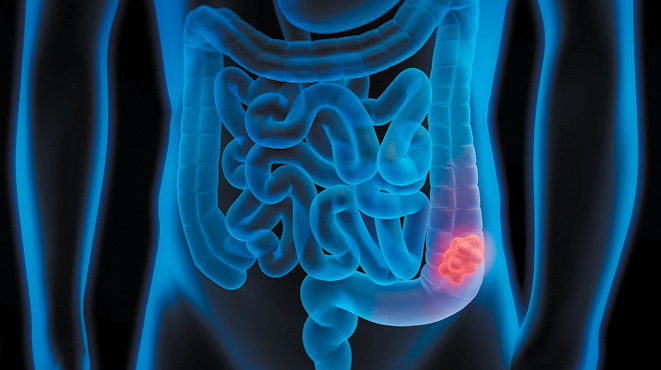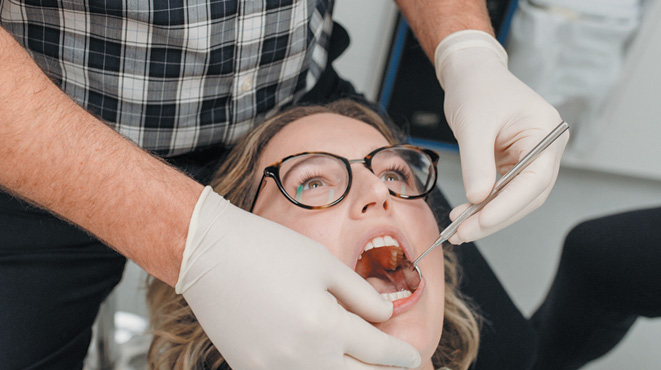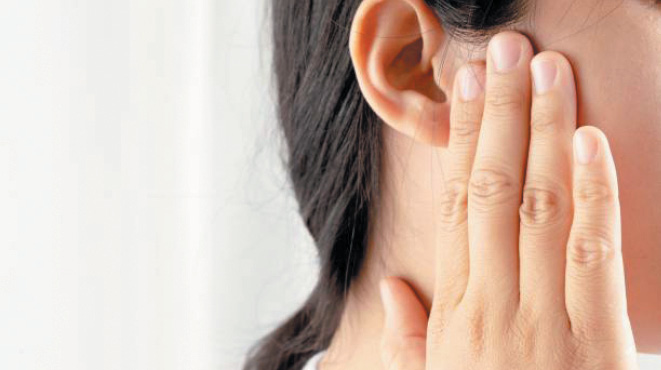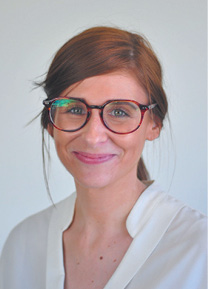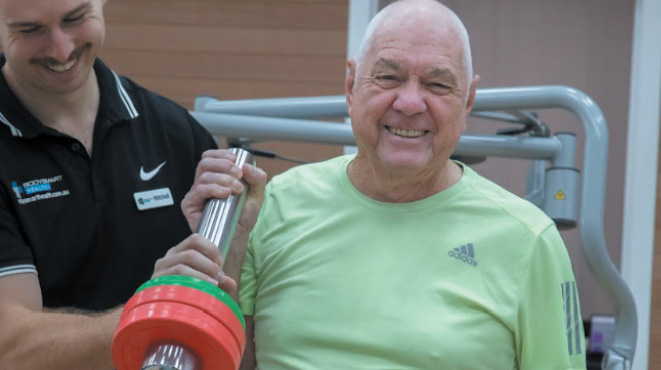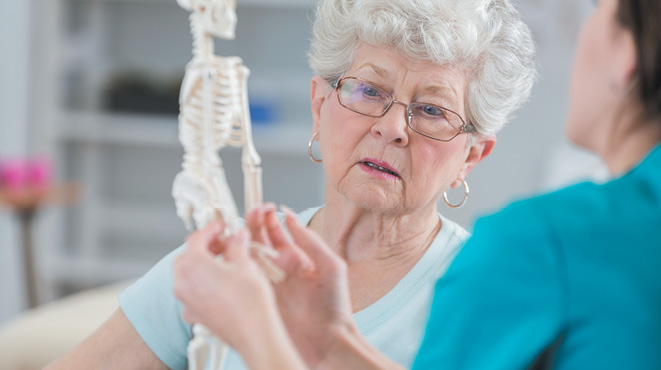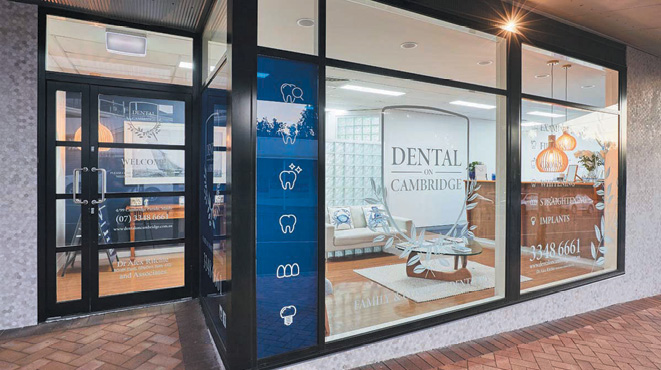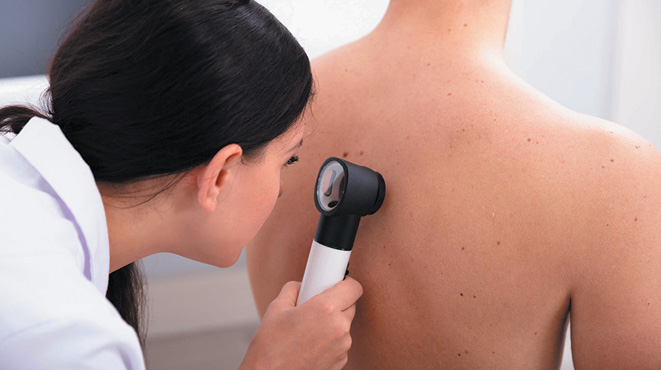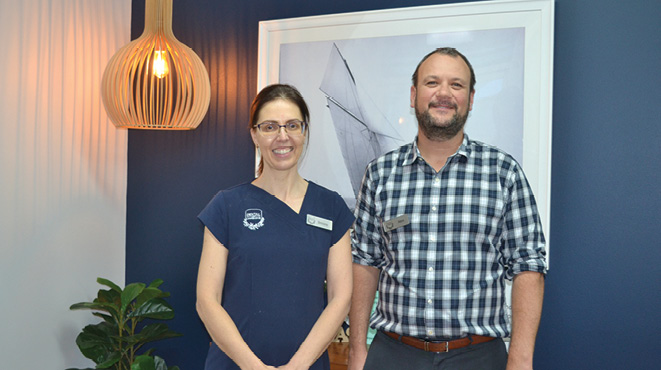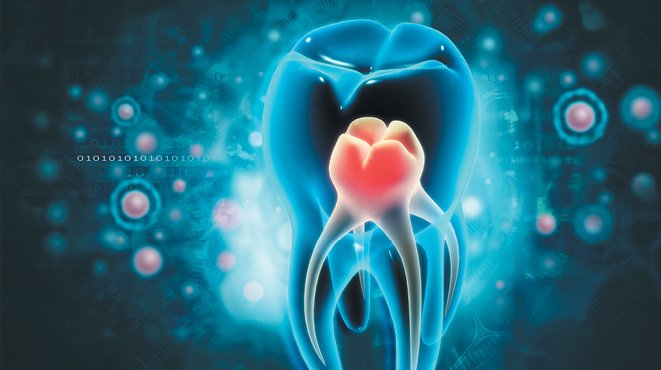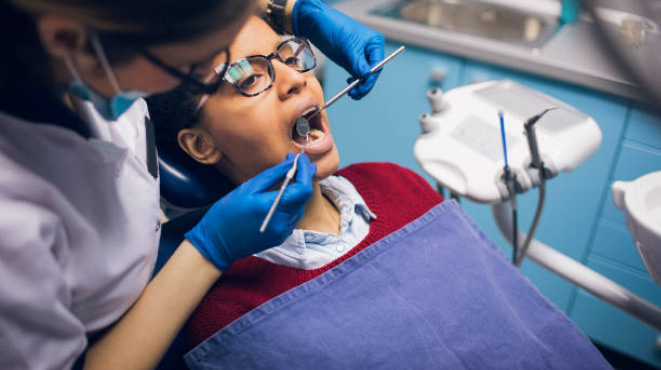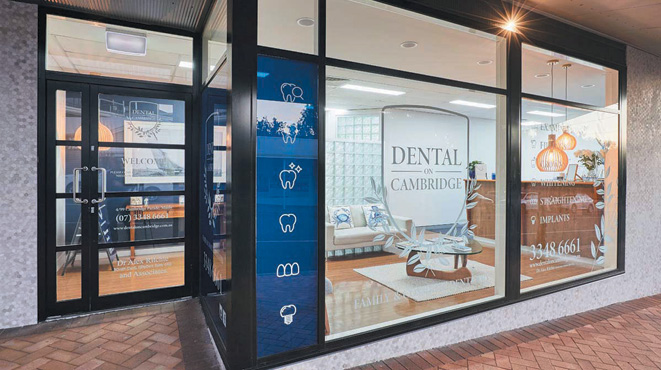FROM DENTAL ON CAMBRIDGE
Currently, in Australia, over 400,000 Australians are living with Dementia*. This area of healthcare presents many challenges, both for the person being diagnosed and their loved ones and carers.
Dementia is a broad term used to describe specific neurodegenerative diseases such as Alzheimer’s, and diseases that have neurodegenerative changes present such as Parkinson’s and Huntington’s.
Many people or their carers wouldn’t immediately think of their dentist as a professional to consult when they’ve been given a Dementia diagnosis. However, this is a critical time for dental health.
The main thing to rule out after diagnosis is if there are any acute infections or loose or decaying teeth that need immediate attention. Often, an individual’s oral health will have started to decline long before a formal diagnosis is provided, meaning there may be some ‘hidden’ problems occurring that the individual and their loved ones or carers don’t even know are there, as the individual may not be able to let them know.
It is also critical to establish a baseline of your oral health to support proper management of future oral health needs. For example, a comprehensive examination and Orthopantomagram x-ray (OPG) can assist with planning for changes to oral hygiene when the primary responsibility changes from the individual to their loved ones or carers.
As the person’s Dementia progresses, it’s important to maintain regular six-monthly checkups to ensure that any oral pain can be detected and treated, as the impact on the individual and their behaviour can be quite severe – especially if they’re unable to remember that they have pain or symptoms such as sensitivity to hot or cold, or pain when chewing. These symptoms can occur without loved ones or carers present, meaning that all too often, they go untreated. Untreated infections can have a severe impact on a person’s overall health and wellbeing and can lead to widespread infection and sometimes even sepsis. Additionally, bacteria from oral infections can also be inhaled into the lungs, leading to aspiration pneumonia.
If you’ve recently been diagnosed, or a loved one has, consider booking in with your current dentist to start planning for your oral health and wellbeing now and into the future. If you’ve been looking for a new dental team, Dental on Cambridge would love to assist you. Book online at www.dentaloncambridge.com or call our professional team on 3348 6661.
*Source: ADA November 2023 No. 536, Cover Story Dentistry and Dementia https://adanewsbulletin.partica.online/ada/ada-november-2023-no-536/cover-story/dentistry-and-dementia



